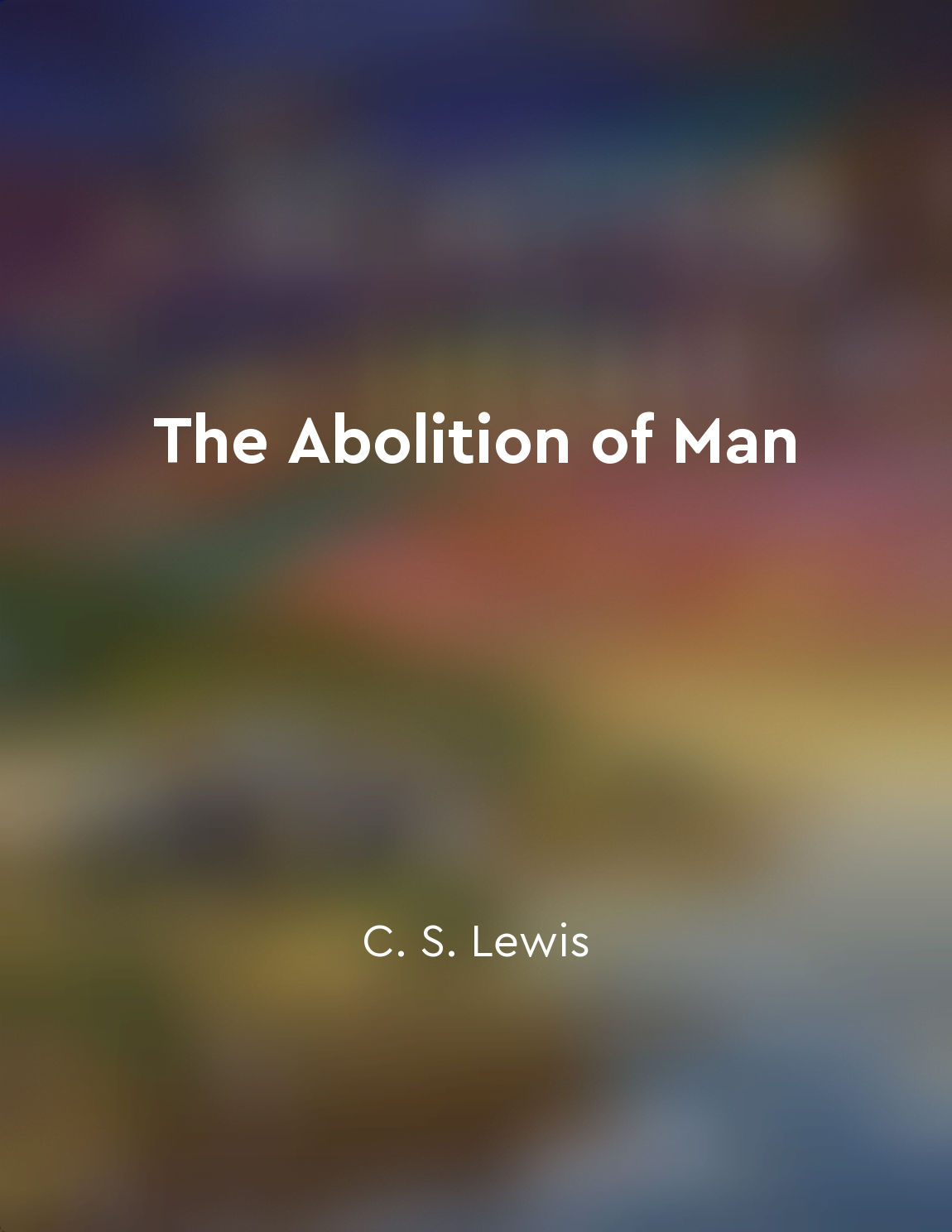Morality is grounded in rational autonomy and adherence to universal moral laws from "summary" of Groundwork for the Metaphysics of Morals by Immanuel Kant
In considering the nature of morality, we must first recognize the importance of rational autonomy. Rational autonomy refers to the capacity of individuals to act according to their own freely chosen principles and understandings. It is through the exercise of our rational capacities that we are able to determine what is morally right or wrong in a given situation. This autonomy allows us to make moral decisions based on our own reason and judgment, rather than simply following the dictates of others or our own desires. Furthermore, adherence to universal moral laws is crucial in grounding our moral principles. Universal moral laws are those principles that apply to all rational beings, regardless of their particular circumstances or desires. These laws are not contingent on individual preferences or societal norms, but are instead based on the inherent rationality of human beings. By adhering to these universal laws, we are able to act in a way that is consistent with the fundamental principles of morality. Through the combination of rational autonomy and adherence to universal moral laws, we are able to establish a firm foundation for our moral beliefs and actions. This grounding allows us to make moral decisions that are based on reason and principle, rather than on emotion or personal gain. By acting in accordance with these principles, we are able to uphold the inherent worth and dignity of all rational beings, and promote the well-being of society as a whole.- The concept that morality is grounded in rational autonomy and adherence to universal moral laws is essential to understanding the nature of morality. By recognizing the importance of these principles, we are able to establish a solid foundation for our moral beliefs and actions, and act in a way that is consistent with the fundamental principles of morality. Through the exercise of our rational capacities and the adherence to universal moral laws, we are able to make moral decisions that are based on reason, principle, and the inherent worth of all rational beings.
Similar Posts
Basic structure
The basic structure of society comprises the main political and social institutions that shape the fundamental rights and dutie...
Religion provides spiritual guidance in seeking meaning
The concept of religion offering spiritual guidance in the pursuit of meaning is a central theme in discussions about the purpo...
Context shapes meaning
The meaning of a word, a gesture, or an action is not fixed and stable. It is shaped by the context in which it occurs. This co...

It is important to reject superstition and embrace reason
The rejection of superstition and the embrace of reason are fundamental principles that guide humanity towards progress and enl...
Reason alone cannot guide moral decisionmaking
Reason is a faculty of the mind that is often considered the chief guide in determining right and wrong. However, when it comes...
Morality as a system of principles
Morality can be understood as a system of principles that guides our actions and decisions. These principles serve as the found...
Ethics grounded in rationality
The foundation of ethics lies in rationality, as it is through our ability to reason that we can determine what is morally righ...
Individuals have inherent worth as rational beings
In considering the worth of individuals as rational beings, we must acknowledge that rationality is a unique characteristic tha...

Importance of recognizing universal standards of behavior
The concept of recognizing universal standards of behavior is crucial for the proper functioning of society. These standards pr...
Kingdom of ends promotes moral community
The concept of the Kingdom of ends promotes moral community is a central idea in Kant's ethical philosophy. Kant argues that hu...

